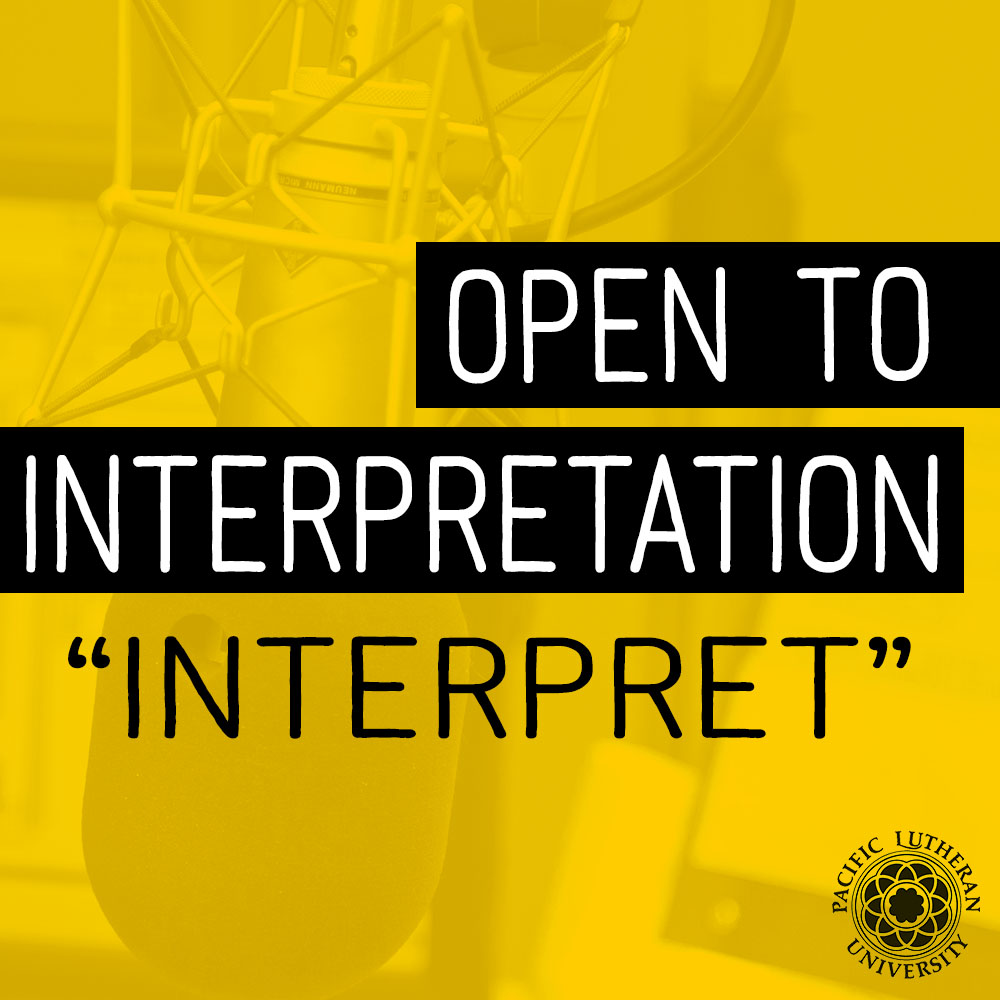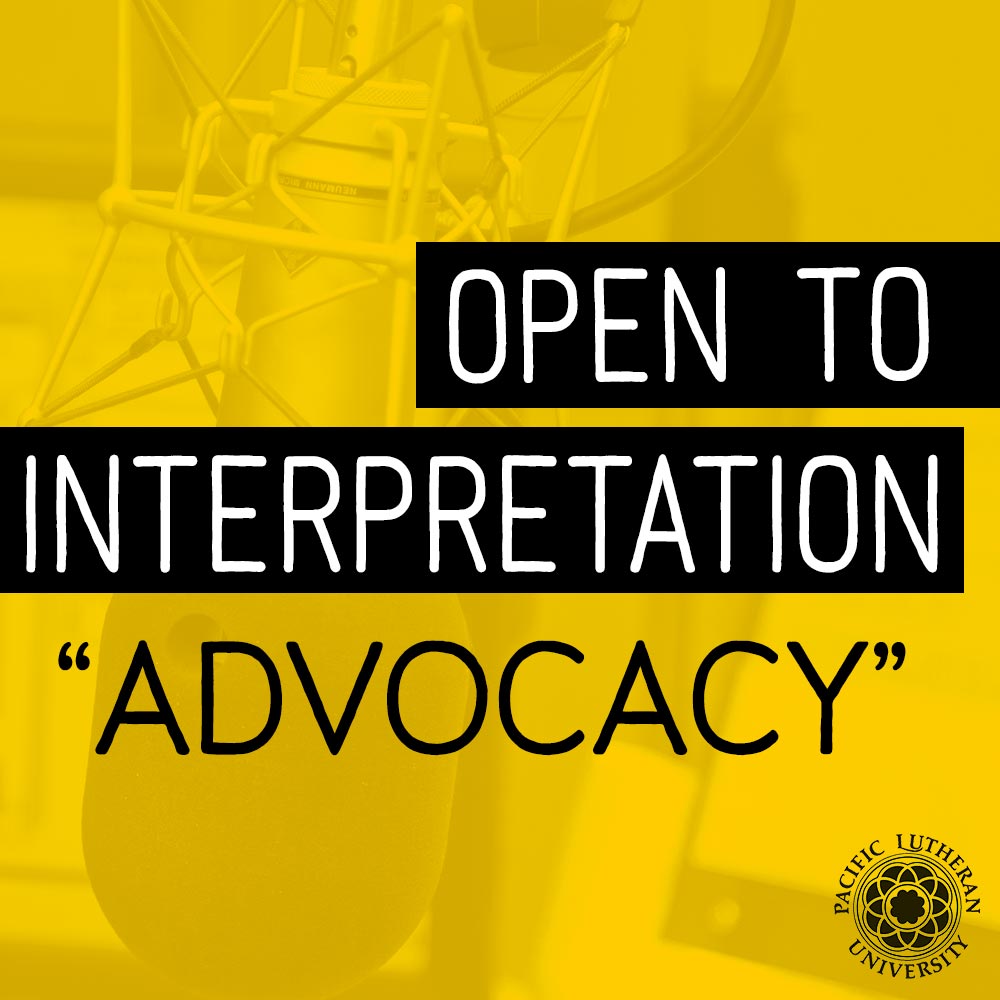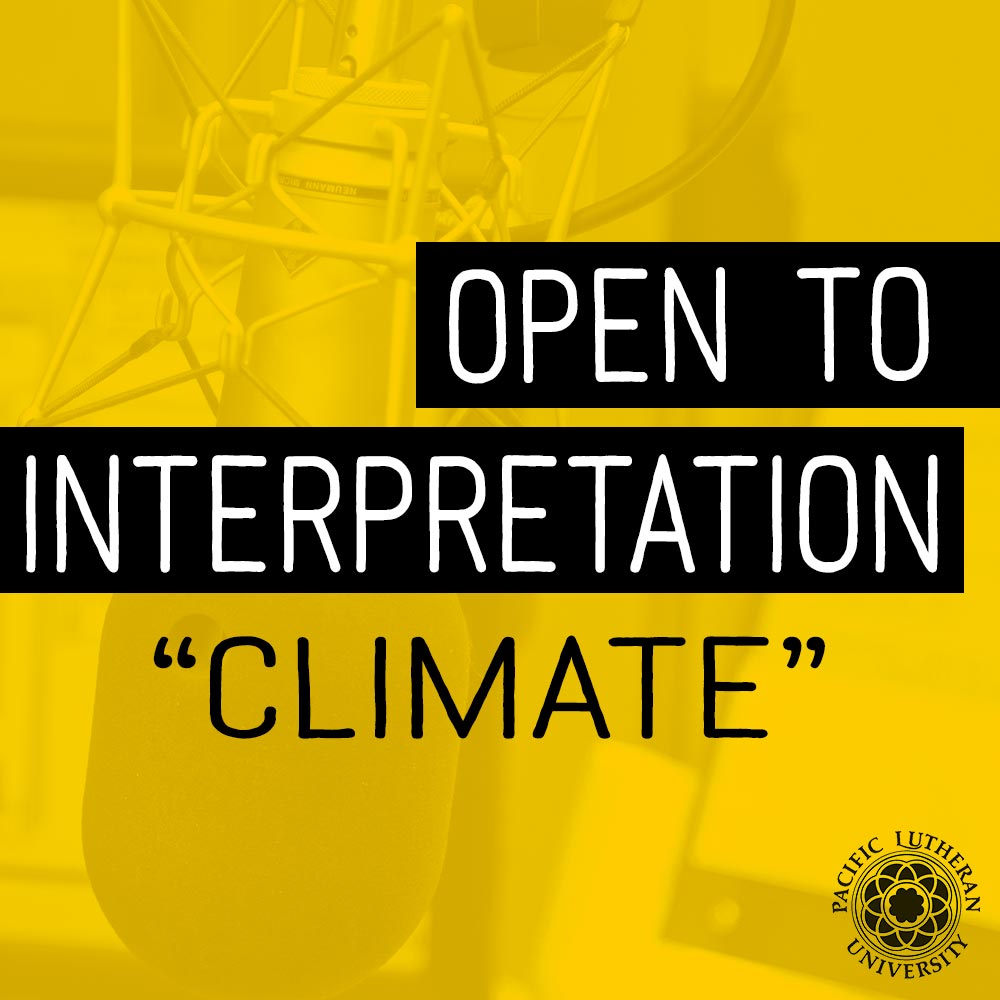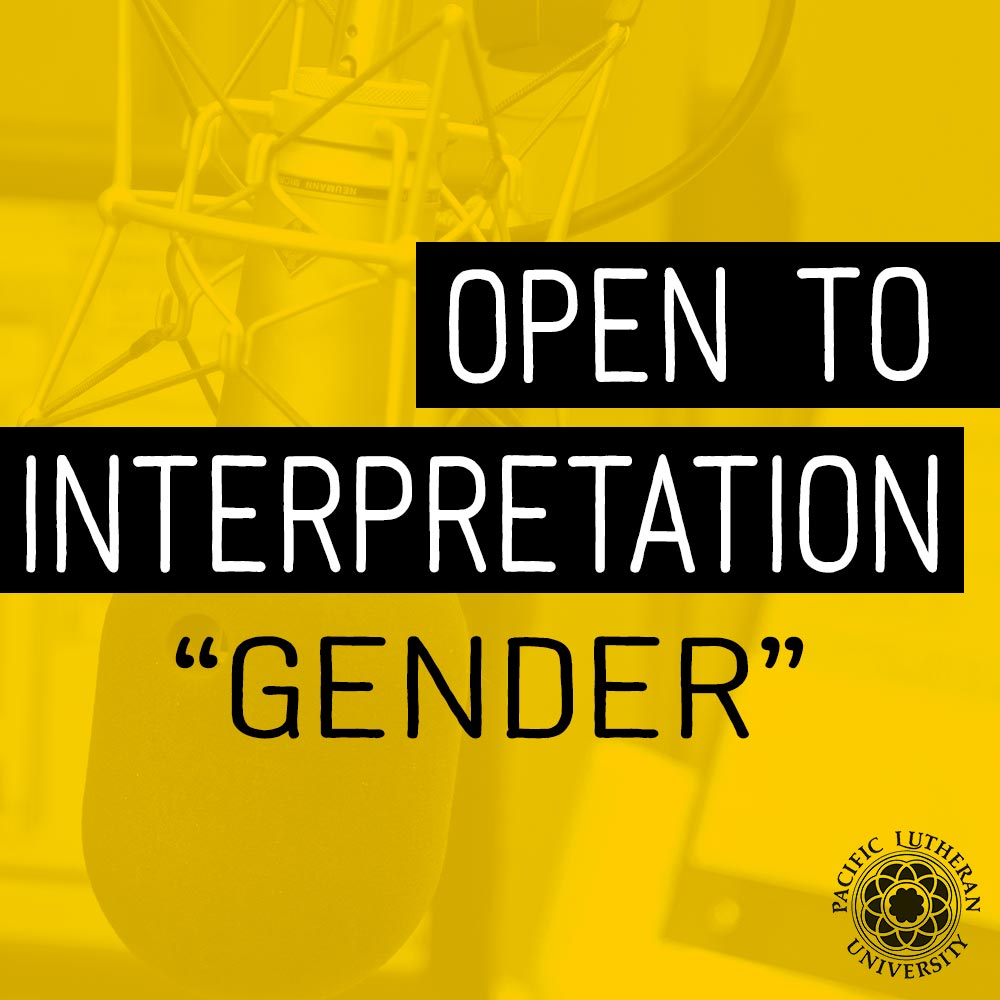Currently Reading:
PLU faculty members discuss Pokémon, the presidential election, parenting and the meaning of “civility”
PLU faculty members discuss Pokémon, the presidential election, parenting and the meaning of “civility”
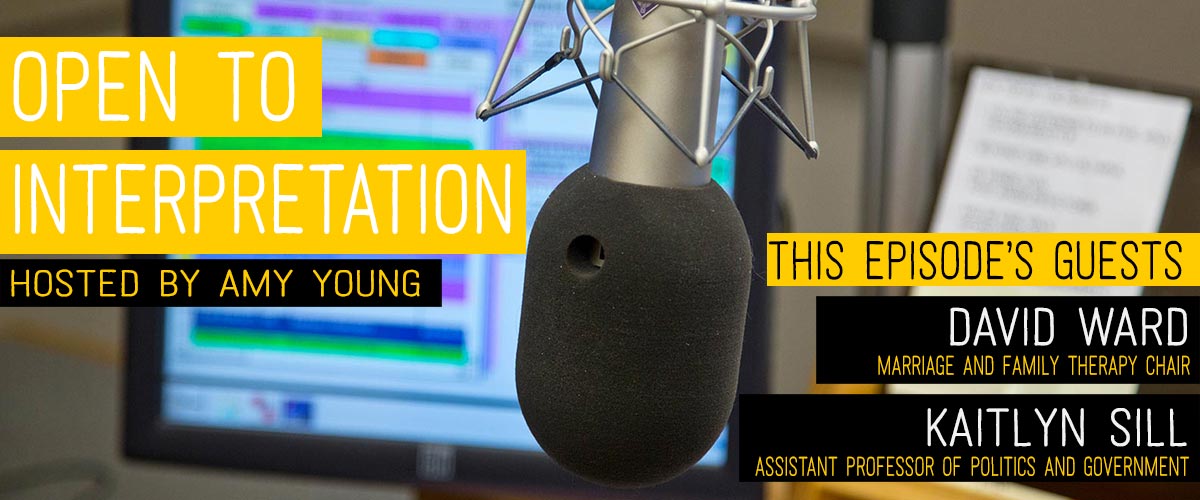
TACOMA, WASH. (Aug. 24, 2016)- The eighth episode of “Open to Interpretation” features a discussion of the word “civility” among host and Communication and Theatre Department Chair Amy Young, Assistant Professor of Politics and Government Kaitlyn Sill and Marriage and Family Therapy Department Chair David Ward.
“Open to Interpretation” is a podcast devoted to exploring the meanings and implications of words commonly used in the news, on social media and on college campuses. Previous OTI topics include “Climate,” “Gender,” “Violence” and “Advocacy.” Episodes of OTI are released once per month. If you have feedback, comments or ideas for episodes, please email producer Zach Powers at powerszs@plu.edu.
Conversation Highlights
1:30: Kaitlyn’s summer binging of the Pokémon television show.
6:30: Defining “civility” – unwritten rules, context and respect.
9:20: What we can learn about civility and anonymity from internet comment sections.
15:10: The negative effects of the cautiousness-in-the-name-of-civility mentality of many career politicians.
20:20: “At low levels of conflicts relations don’t strive – because there is too much civility.”
25:30: Discussion of Malcolm Gladwell’s assertion that groups over 150 people will start to socially degrade.
30:00: How young children communicate prior to being taught civility, inclusivity and decorum. “That’s how kids are, they don’t know the rules.”
32:30: Civility in college classrooms. Is there too much “assumed politeness” and “self-policing?”
38:00: “At some points when somebody is feeling marginalized it may just be because they are in the fringe margins.”



